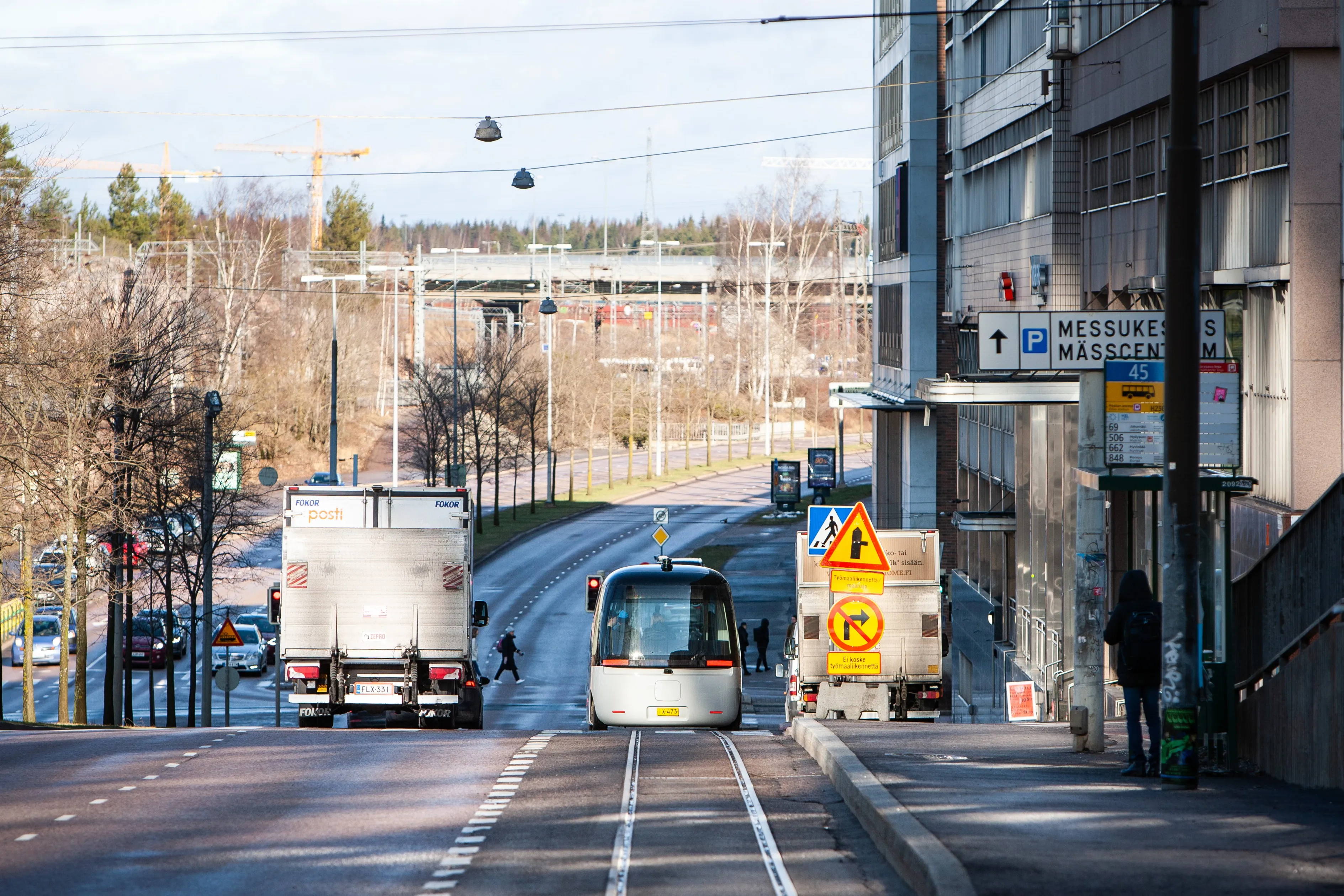UK company Delphi Automotive has been selected by the Singapore Land Transport Authority (LTA) as a strategic partner to implement autonomous mobility concepts.
The company will provide a fleet of fully autonomous vehicles and will develop a cloud-based mobility-on-demand software (AMoD) suite and will conduct a trial of an urban, point-to-point, low-speed, autonomous, mobility-on-demand service in Singapore's Autonomous Vehicles Test Bed located at a business park in the western area of the city.
D
August 2, 2016
Read time: 2 mins
UK company 7207 Delphi Automotive has been selected by the Singapore 918 Land Transport Authority (LTA) as a strategic partner to implement autonomous mobility concepts.
The company will provide a fleet of fully autonomous vehicles and will develop a cloud-based mobility-on-demand software (AMoD) suite and will conduct a trial of an urban, point-to-point, low-speed, autonomous, mobility-on-demand service in Singapore's Autonomous Vehicles Test Bed located at a business park in the western area of the city.
Delphi's AMoD development program and autonomous vehicle demonstration is part of the Singapore Autonomous Vehicle Initiative (SAVI), which was formed in 2014 to oversee and manage autonomous vehicle (AV) research, test-bedding, and the development of applications and solutions by industry partners and stakeholders.
Of particular interest to the Singapore LTA is the potential for automated driving solutions to make it easier for commuters transiting the ‘first mile’ and ‘last mile’ between a mass transit station and their home or workplace. By addressing this need, the usage of the mass transit systems could increase; reducing overall traffic congestion and vehicle emissions.
The Singapore LTA pilot program will last for three years with plans to transition into an operational service by 2022 timeframe.
The company will provide a fleet of fully autonomous vehicles and will develop a cloud-based mobility-on-demand software (AMoD) suite and will conduct a trial of an urban, point-to-point, low-speed, autonomous, mobility-on-demand service in Singapore's Autonomous Vehicles Test Bed located at a business park in the western area of the city.
Delphi's AMoD development program and autonomous vehicle demonstration is part of the Singapore Autonomous Vehicle Initiative (SAVI), which was formed in 2014 to oversee and manage autonomous vehicle (AV) research, test-bedding, and the development of applications and solutions by industry partners and stakeholders.
Of particular interest to the Singapore LTA is the potential for automated driving solutions to make it easier for commuters transiting the ‘first mile’ and ‘last mile’ between a mass transit station and their home or workplace. By addressing this need, the usage of the mass transit systems could increase; reducing overall traffic congestion and vehicle emissions.
The Singapore LTA pilot program will last for three years with plans to transition into an operational service by 2022 timeframe.









